The Gago Conferences on European Science Policy provide an international forum to strengthen the debate on emerging issues of research and innovation policy in Europe, as well as to promote the necessary involvement of major stakeholders in policy making and the diffusion of knowledge in science education and culture. The Conferences seek also to strengthen international scientific and technological cooperation networking in Europe towards a positive impact on a global scale.
Science and technology (S&T) are key global resources for our collective future, our wealth, job creation and shared prosperity, both at home and abroad. The impact of S&T and innovation are the result of a cumulative, long-term, collective and uncertainty process, involving an extensive division of labour, which requires massifying the training of human resources and qualifying the labour force in many economic sectors. Increasing interest in these processes has been driving innovative research and practice across a wide range of businesses and academic disciplines - from management, marketing, engineering and economics to public policy, sociology, history and law.
"Science is a battle ground, it's not neutral.
And if you know it's not neutral, it becomes interesting.
It can become part of the modern youth culture.
You must choose between generosity and greed,
between peace and war,
and choose between disclosing or hiding the truth"...
José Mariano Gago (2001)
The primary objective of these conferences is to bring together leading representatives from academic, business, social, culture and government sectors worldwide to present and discuss current and future issues of critical importance for European science and technology, including their impact to foster social and economic development and shared prosperity both at home and abroad. Multidisciplinary perspectives are encouraged to provide state-of-the-art and useful knowledge to decision makers in the private, public and social sectors - including informed and effective education, culture, business, government policies and strategies for Europe.
The 1st Gago Conference on European Science Policy will focus on cancer research in Europe. This is because cancer is one of the major health problems affecting our society, a situation that is set to deteriorate globally as the population grows and ages. According to the International Agency for Research on Cancer (IARC), in 2012 there were 1.28 million cancer deaths in the European Union (EU-28), a number that is projected to increase by 30% to 1.67 million in 2030. At the same time, the number of patients newly diagnosed with cancer in the EU is expected to rise to 3.3 million, from 2.6 in 2012.
As a result of more effective treatments and growing number of lines of treatments, cancer is gradually becoming a chronic disease, and the prevalence will rise considerably in countries where life expectancy is already high, as is the case in the EU. Today, cancer places a substantial extra demand on the healthcare systems due to the required surveillance and continuing treatment of both the disease and the observed side effects. According to the European Academy of Cancer Sciences (EACS), "the formidable healthcare problem will be difficult to control unless cancer research improves disease outcome or prevents disease. Prevention, screening, diagnosis, and improved treatment and care are major strategies that may also reduce mortality rates. Furthermore, given the large number of cancer patients and survivors, focusing on their quality-of-life is fundamental".
Even though much hope has emerged from recent advances in our understanding of the molecular mechanisms underlying the disease(s), the pathways through which discoveries translate into therapeutics and diagnostics that benefit patients are complex and challenging to navigate, and as a result, the process is slow, lengthy, and in most cases, inefficient. Translational cancer research has the patient at the centre and requires multidisciplinarity, i.e. collaboration between basic researchers having different expertise, medical oncologists, pathologists, radiation oncologists, surgeons, quality of life researchers, epidemiologists, patients, universities, industry and SMEs, healthcare professionals, regulatory bodies, and funders. Also, it requires scores of patients, sharing of research and clinical data, mindful of the need to protect the privacy of those patients and access to infrastructures and new technologies, all of which must be cross-compatible, responsive to the needs of research and of sufficiently large scale to enable studies of statistical significance ranging from efficacy/effectiveness to outcome research for quality assurance of cancer care and long-term follow-up.
Currently, there are many barriers to translational research that hinder the process and the breadth and scope of these challenges have called for a change in the cultural attitude towards cancer research in Europe, especially in today's era of personalized/precision cancer medicine. A shift from regional/national efforts into continent-wide collaborations and a concerted effort involving all stakeholders is deemed critical to accelerating the pathway from laboratory discoveries to diagnostics and treatments that meet the needs of patients and that the healthcare systems can afford. Such a shift requires robust dialogue between the public, knowledge producers in many domains, and parliamentarians that represent the different political views both nationally and at a European level. Moreover, decision-makers must recognize that sustaining cancer research, in the long-term, will bring significant benefits for European citizens and the economy, as health is wealth!
Presently, there are ongoing efforts to build an ecosystem/infrastructure that combines innovative prevention and treatment strategies in a sustainable state-of-the-art virtual European cancer centre/infrastructure with the critical mass of expertise and resources that is needed to develop capabilities, foster knowledge, and create societal and economical added value across Europe. The aim being improving patients' life and care by innovating at the forefront of the whole cancer continuum.
Location: Clube Universitário do Porto
Rua do Campo Alegre, 877, 4150-180 Porto
Location: i3S, University of Porto, at Jose Mariano Gago Auditorium
Rua Alfredo Allen, 208, Porto
Chair: Manuel Heitor (Portuguese Minister for Science, Technology and Higher Education)
Chair: Manuel Sobrinho Simões (i3S/Ipatimup, University of Porto)
Roundtable:
Moderator: Manuel Sobrinho Simões (i3S/Ipatimup)
Chair: Julio E. Celis (Danish Cancer Society)
Speakers:
Roundtable:
Moderator: Julio E. Celis (Danish Cancer Society)
Moderator: Teresa Riera Madurell (Former member of the European Parliament)
Roundtable:
Chair: Adalberto Campos Fernandes (Portuguese Minister of Health)
Ministerial Roundtable and Discussion
17:15-17:30 Keynote Speech: Carlos Moedas, Commissioner for Research, Science and Innovation
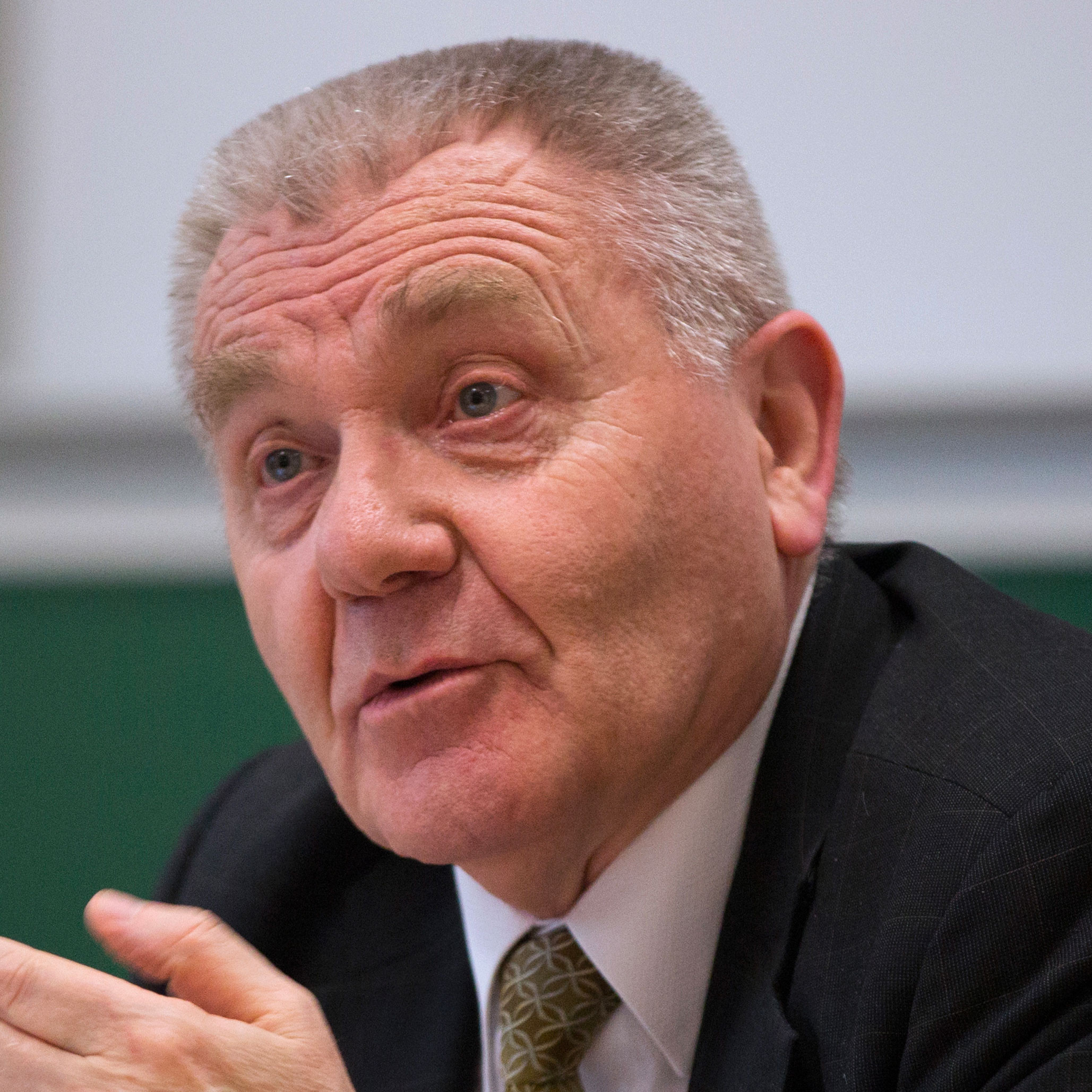
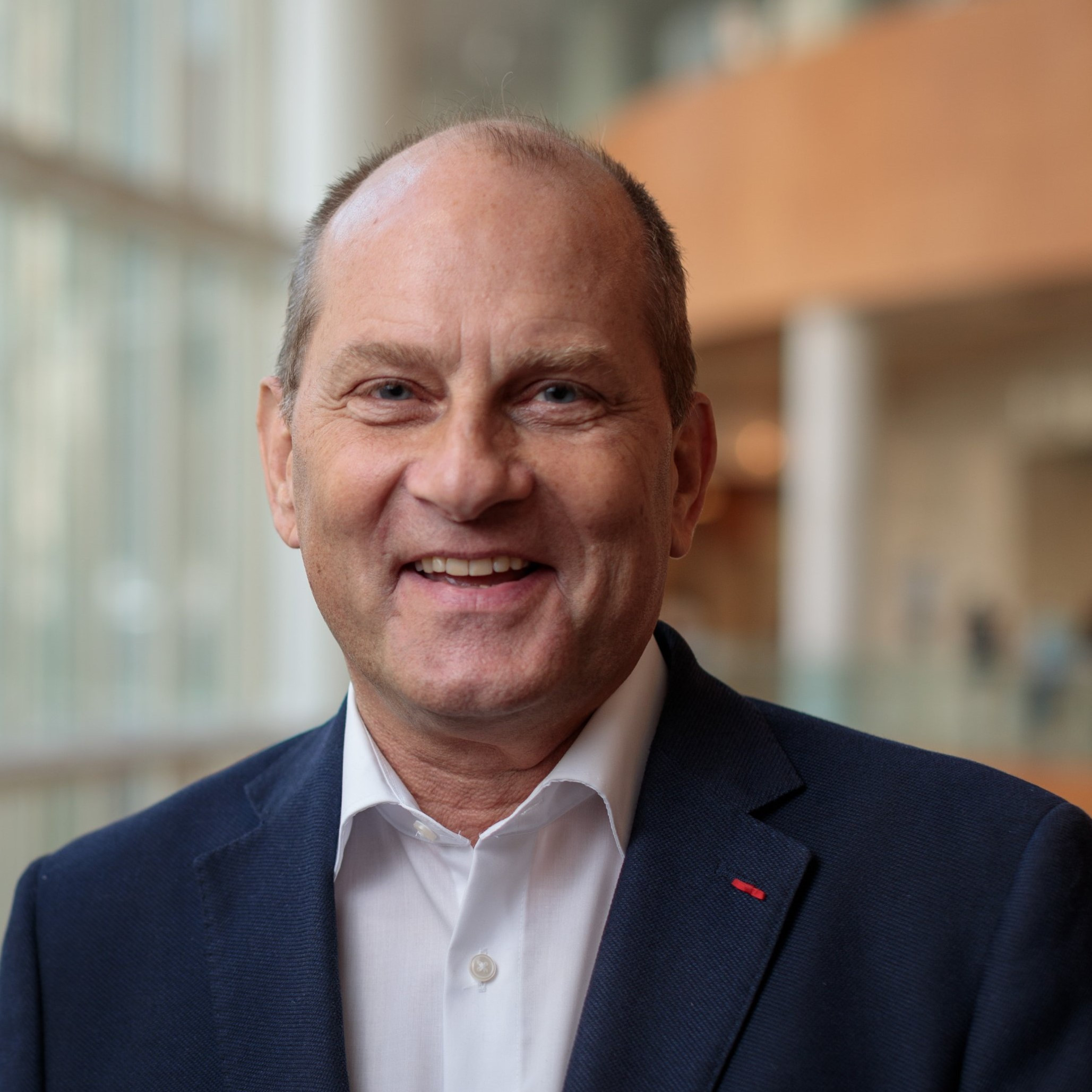
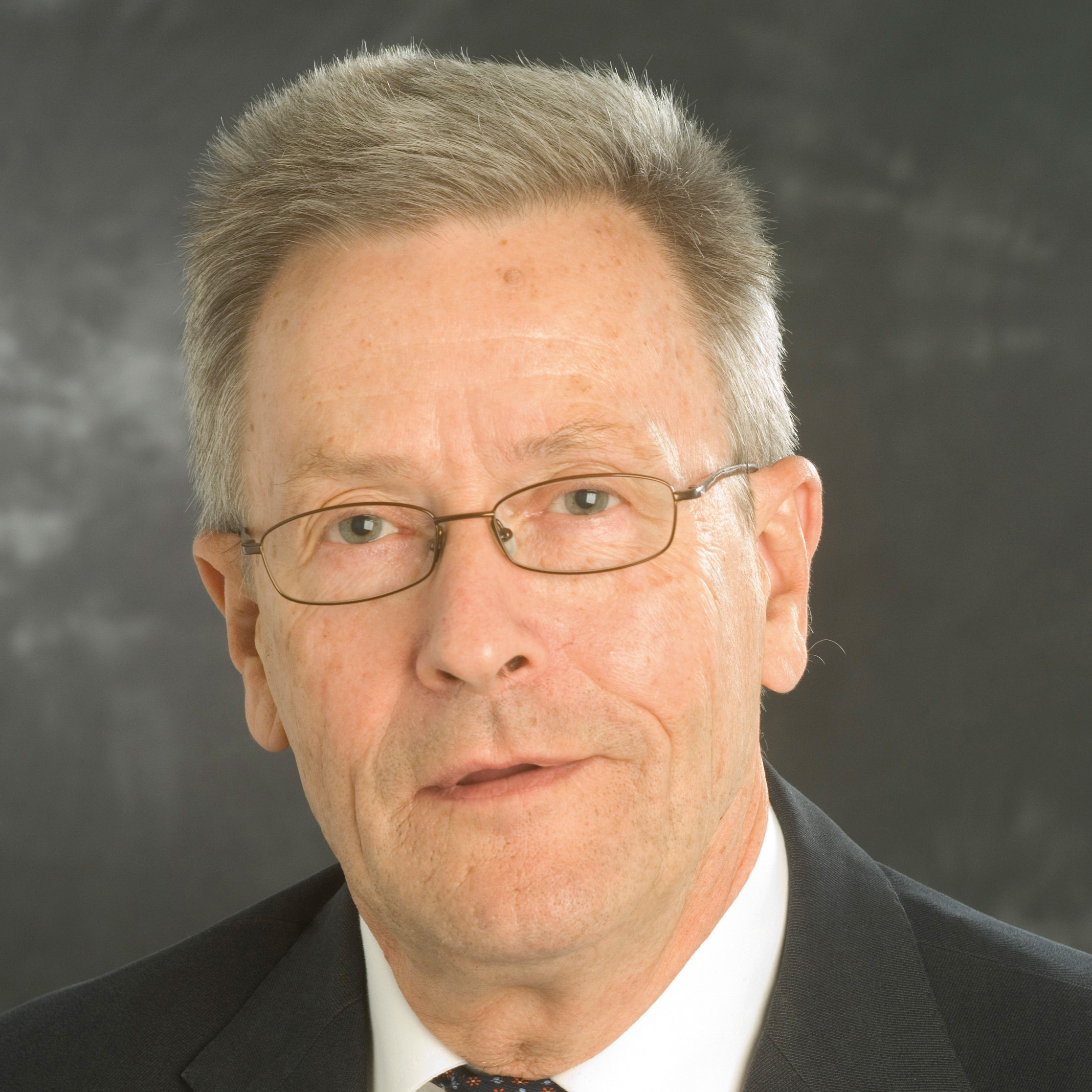
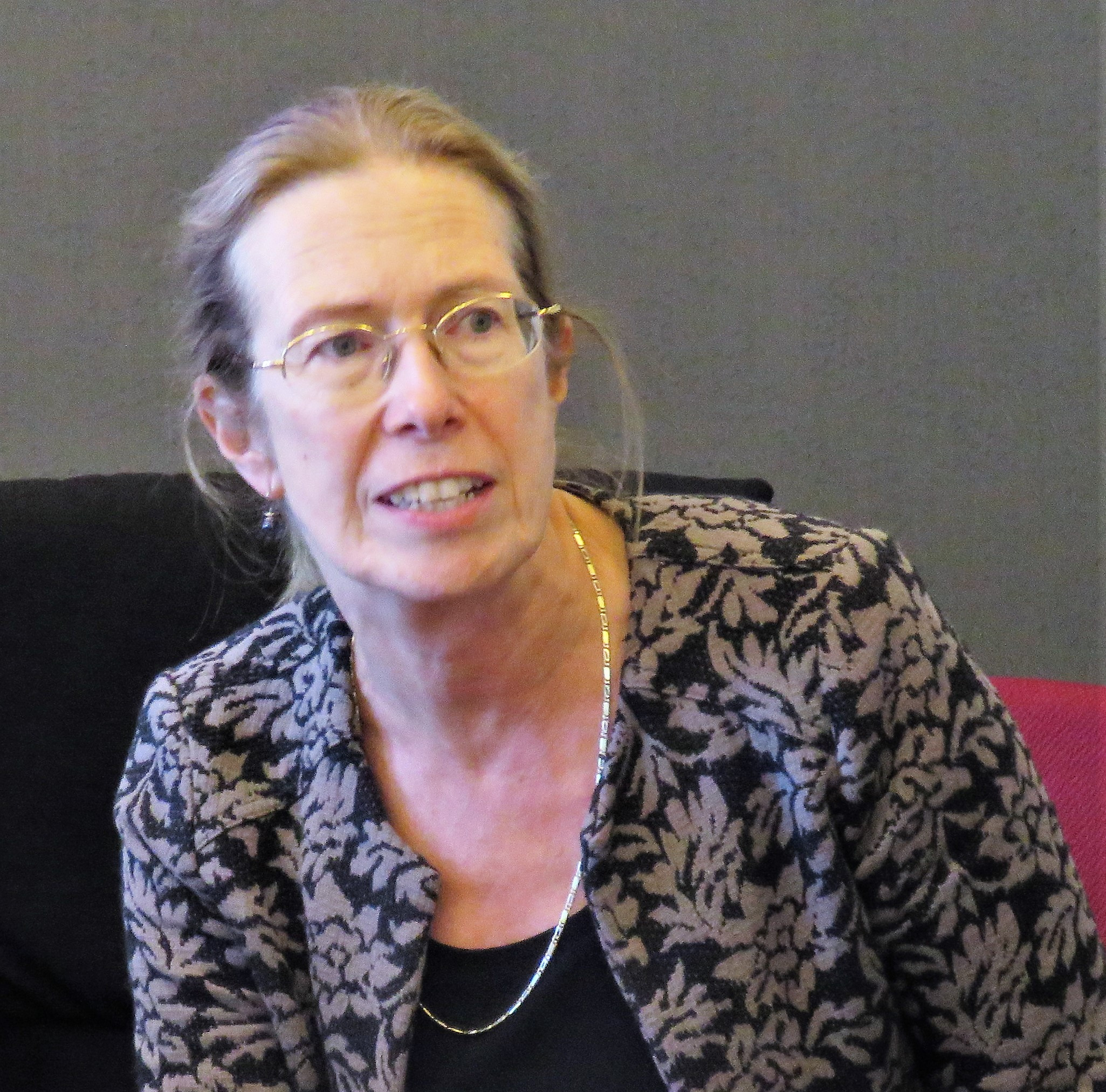
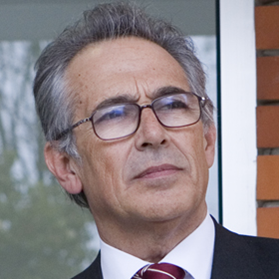




























Address:
Rua Alfredo Allen, 208
4200-135 Porto
Take the train at Campanhã train station or São Bento train station. Metro or bus are available from both stations to the venue. However, the metro is the easiest way to reach i3S, since Pólo Universitário metro station is located in front of i3S entrance.
Porto´s airport, Francisco Sá Carneiro, is located 11 km from the city center and has direct access via metro.
The i3S Institute - GPS coordinates are: 41º 10' 30.008'' N, 8º 36' 12.488'' W.
Please note that i3S does not offer parking space.